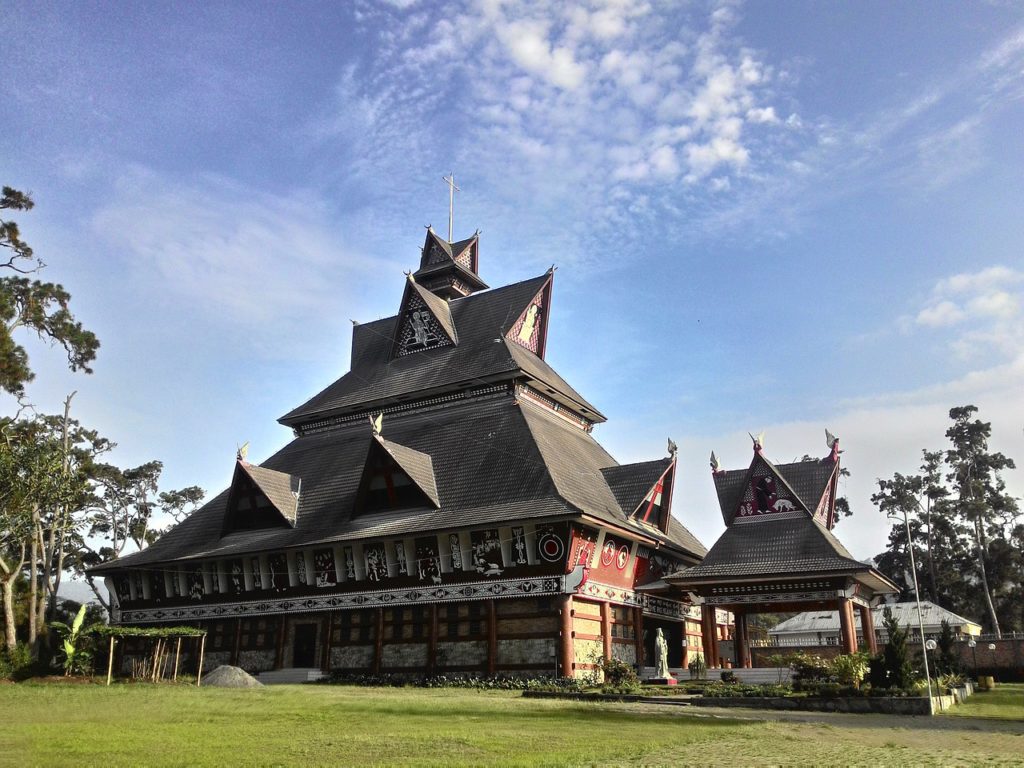Dear Friends of the Pub Quiz,
As I write this, an authentic frost has blanketed Davis. Our house this early morning reminds me of my childhood home in Washington DC, where temperatures below 32 degrees were typical for this time of year. As I did in the 1970s, today I hear the coffee-maker percolating, I smell the aroma of Sumatran coffee (which Peet’s Coffee calls “Rustic and satisfyingly earthy”), and feel the cold on my bare feet – it encourages me to sit cross-legged in my writing chair to conserve warmth. I associate all three of these foreign sensations with my mom, Mary, who is visiting from DC this week. Neither Kate nor I is a coffee drinker, and the severity of this cold seems more Mid-Atlantic than Yoloan.
Up late last night working on writing projects for you and for other audiences, I reflected on the ways that we would have coped with such cold 50, 100, or 200 years ago. Poetry might give us some indications. 50 years ago, in his 1966 Collected Poems, Robert Hayden published his most famous poem, “Those Winter Sundays,“ which begins
Sundays too my father got up early
and put his clothes on in the blueblack cold,
then with cracked hands that ached
from labor in the weekday weather made
banked fires blaze. No one ever thanked him.
Whenever I reread this poem, I remember my grandmother starting an early-morning fire at our rural Pennsylvania cabin, enticing us to venture out into the cold and up the gravel path to the outhouse. I hope I thanked my grandmother for making my bed before I returned to it, thus redirecting me to the fireplace and the start of my day.
100 years ago T.S. Eliot imagined the deserted-street streetlights talking to him on a cold evening in his 1917 poem “Rhapsody on a Windy Night”:
The lamp said,
“Four o’clock,
Here is the number on the door.
Memory!
You have the key,
The little lamp spreads a ring on the stair,
Mount.
The bed is open; the tooth-brush hangs on the wall
Put your shoes at the door, sleep, prepare for life.”
And 200 years ago? Perhaps the most famous frost poem not written by someone named Frost was Samuel Taylor Coleridge’s “Frost at Midnight,” published in 1817 in his book Sibylline Leaves. In that poem, Coleridge meditates on the small blue flame of his fireplace keeping him warm while he writes poems next to his sleeping infant son, Hartley:
The thin blue flame
Lies on my low-burnt fire, and quivers not;
Only that film, which fluttered on the grate,
Still flutters there, the sole unquiet thing.
With Bach’s Brandenburg Concertos keeping time with Mr. Coffee in the kitchen (thanks, Alexa), the bulldog snoring in the laundry room, the low hum of I-80 traffic, and our neighbor’s garrulous dog wondering why he has to spend so much time outside on such a frosty morning, here in south Davis I may never know the absolute silence that Coleridge suggests a poet needs in order to reflect and to create:
The inmates of my cottage, all at rest,
Have left me to that solitude, which suits
Abstruser musings: save that at my side
My cradled infant slumbers peacefully.
‘Tis calm indeed! so calm, that it disturbs
And vexes meditation with its strange
And extreme silentness.
Nevertheless, reflecting on such silences, and the cold starts and ends of our days during this season of frost, I grow all the more ready for the holiday break that starts for many of us in a few days, with the warmth of our families safeguarding us against the day’s chill, and the sound of uplifting music filling the silence of a mid-winter’s night.
In additions to topics raised above, tonight at the Pub Quiz expect questions about Christmas in Melbourne, the Amu river, German Christmas traditions, French words with multiple accents, south divisions, anniversaries, stimuli coping mechanisms, Readers Choice Awards, swords, Oscar nominees, the health benefits of heating up the leftover Chinese food, loud title characters, the snow in Alaska, birch-log fires, paradoxes, escaping consumerism, minty oval sciaticae, people born in Russia, family tales, Bruce Springsteen, U.S. Presidents, active NBA players, short names, physics, journalism, Chaplin and Welles, Redd Foxx, vegetarian likes in a Christmas tree, map features, redefining the unexpected, and Shakespeare.
Tonight’s is our last Pub Quiz before the Christmas holiday. Enjoy the upcoming time with family and friends, and I hope you and your team can join us this evening. We have confirmed an appearance by the unduly confident team Trivia Newton John, so the competition and the fun will be significant.
Best,
Your Quizmaster
https://www.yourquizmaster.com
http://www.twitter.com/yourquizmaster
http://www.facebook.com/yourquizmaster
Here are three questions from last week’s quiz:
- Great Designers. The man who designed the logos for ABC, IBM, and UPS shares a monosyllabic first and last name with a current U.S. Senator, only in reverse order. Name the designer or the senator.
- California History. Who on this date in 1995 defeated incumbent mayor Frank Jordan to become the first African American mayor of San Francisco?
- Science. When one alphabetizes the common names for sea snails, what name comes first?
P.S. Doris Lessing offers this advice regarding your creative projects: “Always the same advice: learn to trust your own judgment, learn inner independence, learn to trust that time will sort the good from the bad – including your own bad.”




